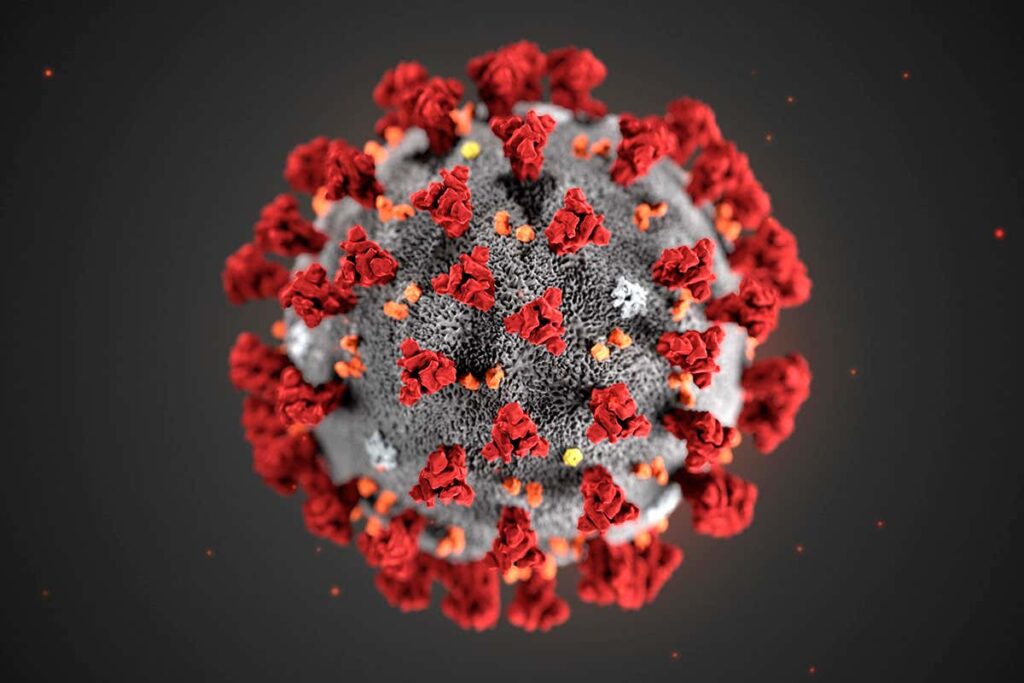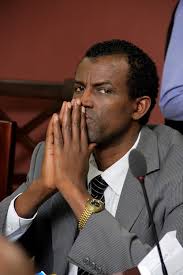Let’s Flatten the Curve-Covid-19

By Winfridah Muthee
COVID-19 pandemic in the country crossed one year with many industries still reeling from the financial hardship it inflicted.
The entertainment Industry, hotel industry and self-employment business outlets are among the most deeply impacted.
Governments around the globe responded to the pandemic in different dimensions.
The Kenyan government showed a strong, proactive response to the pandemic and to cushion Kenyan’s against the economic effect of Covid-19 it came up with various monetary measures to mitigate the impact on households and businesses.
Low income earners were given tax relief, there was reduction of income tax rate and reduction of VAT from16% to 14% and temporary suspension of the listing with Credit Reference Bureaus (CRB) of any person, MSMEs and corporate entities whose loan account fall overdue or is in arrears effective 1st April 2020.
These were later scrapped off even as the Covid-19 pandemic still festers on, a year later.
Kenyan’s ability to survive has been tested and it is so unfortunate because Kenyan doctors say there are no spaces left within intensive care units (ICUs) as the country contends with the third wave of Covid-19.
Government should implement an ambitious effort to counteract losses as the adverse impact on the Economy is being felt.
Concerted efforts should be made to ensure business outlets stay afloat and survives the COVID-19 pandemic.
The COVID-19 vaccines that have been approved are expected to provide at least some protection against new virus variants that’s why it’s necessary for everyone to get the jab.
The World Health Organization (WHO) says that we need to do everything possible to stop the spread of the virus in order to prevent mutations that may reduce the efficacy of existing vaccines.
To monitor and understand the impact of variants WHO has been tracking mutations and variants since the start of the COVID-19 outbreak to track how the virus is changing. This will serve as a guide for manufacturers and countries on changes that may be needed for COVID-19 vaccines.
All viruses evolve overtime. When a virus replicates or makes copies of itself, it sometimes changes a little bit which is normal for a virus. These changes are called “mutations”. A virus with one or more new mutations is referred to as a “variant” of the original virus. Variants may cause more or less severe disease and that’s the reason why the third wave has been termed more dangerous.
“Stopping the spread at the source remain key” says World Health Organization.
Current measures to reduce transmission including frequent hand washing, wearing a mask, physical distancing, good ventilation and avoiding crowded places or closed settings continue to work against new variants by reducing the amount of viral transmission and therefore also reducing opportunities for the virus to mutate.
WHO believes that scaling up vaccine manufacturing and rolling out vaccines as quickly and widely as possible will also be critical ways of protecting people before they are exposed to the virus and the risk of new variants.
“Priority should be given to vaccinating high-risk groups everywhere to maximize global protection against new variants and minimize the risk of transmission. Moreover, ensuring equitable access to COVID-19 vaccines is more critical than ever to address the evolving pandemic. As more people get vaccinated, we expect virus circulation to decrease, which will then lead to fewer mutations”. WHO offers.
Some of the myths that the public have come up with claimed to cure Covid-19 include;
Micronutrients, such as vitamins D and C and zinc. These are critical for a well-functioning immune system and play a vital role in promoting health and nutritional well-being but they do not treat COVID-19.
Chloroquine, a treatment for malaria, has been under study as a possible treatment for COVID-19. Current data shows it does not cure it.
Eating garlic and ginger does not prevent Covid-19 and drinking alcohol does not protect you against COVID-19.
There is currently no licensed medication to cure COVID-19.
It is important to get vaccinated because Vaccines are a critical tool in the battle against COVID-19, and there are clear public health and lifesaving benefits to using what we already have
Covid -19 is not a death sentence and most people who get it recover from it.






